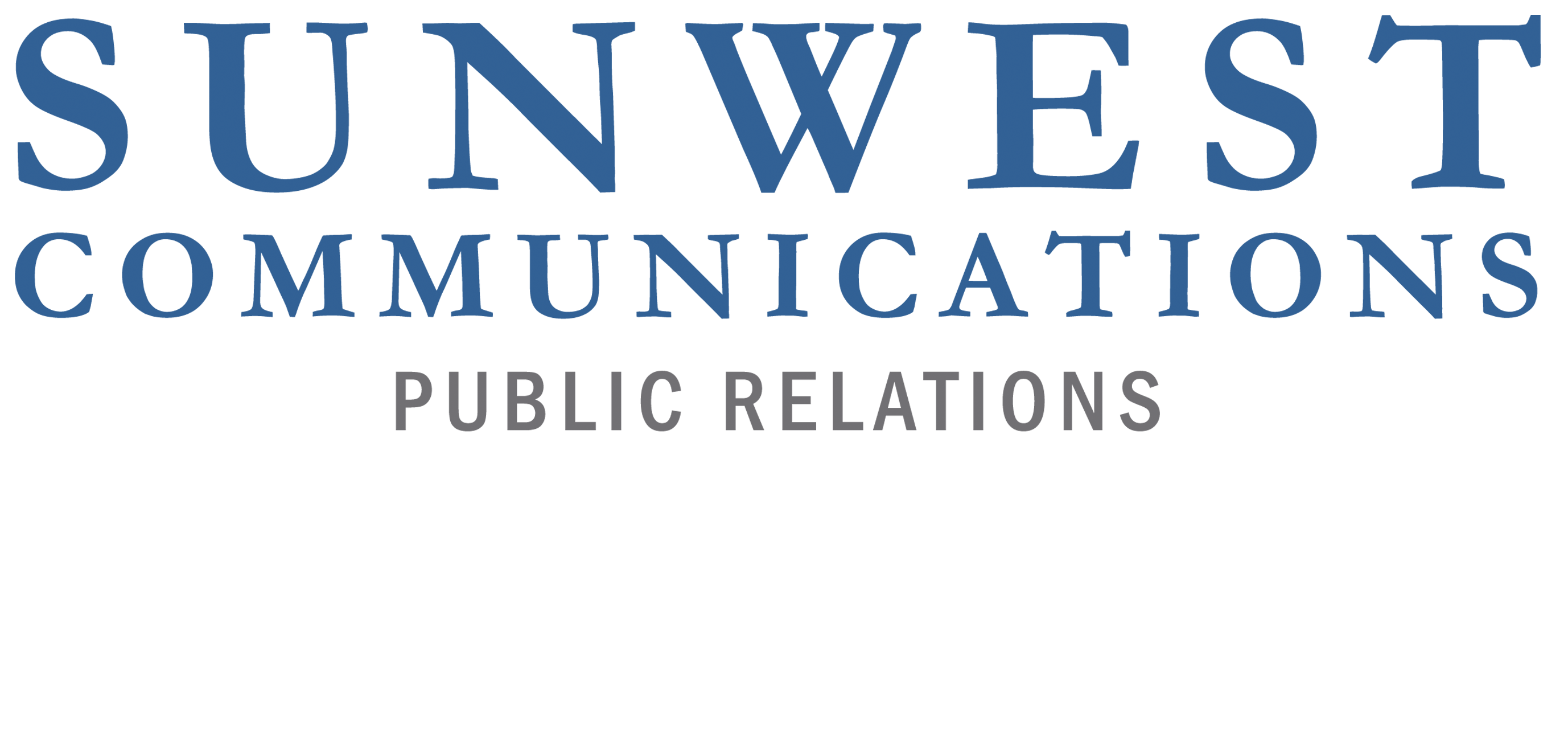The Crucial Role of Employee Relationships
February 12, 2024And Transparent Communication in the Workplace

In today’s dynamic business world, fostering strong employee relations relies heavily on transparent and inclusive communication channels to build trust, align goals and encourage a positive work environment.
Effective communication ensures that employees feel heard and valued, as well as knowledgeable about company objectives and policies. In her episode of Reputation Matters, Bernadette Davis explains the importance of strategic employee communication, as well as the importance of diversity and inclusion in the workplace.
The Essence of Employee Relationships
At the heart of any thriving organization is a workforce filled with strong relationships. Building and maintaining these connections is a fundamental necessity for the well-being of both employees and the organization. Employee relationships are the glue that holds teams together, and the connections that foster a sense of belonging in the workplace. Indeed.com mentions how this sense of belonging has been shown to boost morale and contribute to a higher level of job satisfaction, workplace engagement and retention.
Strong relationships among employees also create a collaborative atmosphere. As individuals feel more connected and become comfortable working together, this collective effort becomes more natural, and creativity and innovation are heightened.
Similar to Google and Twitter, here at Sunwest Communications, we invest in resources and team building opportunities to help cultivate employee relationships and internal positivity that comes from a comfortable and engaging work environment.
The Power of Transparent and Honest Communication
Transparency and honesty are the cornerstones of a healthy workplace. Together, each works to build trust, align expectations, foster accountability and empower employees.
It’s imperative that businesses remain open about organizational goals, challenges and decisions. As leaders share information, employees can gain a clear understanding of the direction of the company, coinciding with a sense of purpose and shared commitment. Transparent communication also helps in managing expectations. When employees are informed, whether that be about a change in policy or organizational direction, they are better able to adapt. This proactive approach minimizes uncertainty and doubt within the organization.
Creating an authentic work environment requires a commitment to being truthful, not only internally, but externally as well. Honest communication in your marketing and promotion efforts helps to build credibility and trust among your teams. When an employee sees the company practicing what it claims, the employee is more likely to be engaged, loyal and dedicated to the task at hand.
Conflict resolution often is a test of an organizations’ honest communication. When an issue arises, being honest and transparent helps to prevent escalation and speculation. As leaders model honesty, it encourages employees to do so as well. Allowing employees to be honest about expressing their opinions shows that their input is also viewed and valued.
Creating an Inclusive Environment
Diversity and inclusion play pivotal roles in shaping a thriving workplace. Embracing diverse perspectives and backgrounds helps to foster innovation and creative problem solving within teams. An inclusive environment also encourages employees to contribute their unique strengths, leading to increased productivity and a stronger sense of belonging.
Inclusivity is working to ensure that all voices are valued and heard. Inclusive communication respects diverse perspectives, creates a welcoming environment regardless of background or stance within the organization and drives innovation.
Leaders play a pivotal role in inclusive communication. Leaders must be mindful of the impact of words and ensure that communication within the organization has no bias. This commitment to inclusive communication promotes a culture of equality and respect for the organization’s employees. Organizations that prioritize inclusive communication are better positioned to attain talent. Furthermore, employees that feel valued are more engaged in the success of the organization.
Conclusion
The importance of employee relationships and transparent, honest and inclusive communication should be cultivated in every organization. Each of these elements work to form the basis of a productive and positive working environment.
Additionally, businesses that prioritize diversity and inclusion not only attract top talent but also foster a culture of respect, understanding and empathy. At Sunwest, we give counsel on various forms of internal communications, including DEI strategies. If we can be of service, please contact us.
